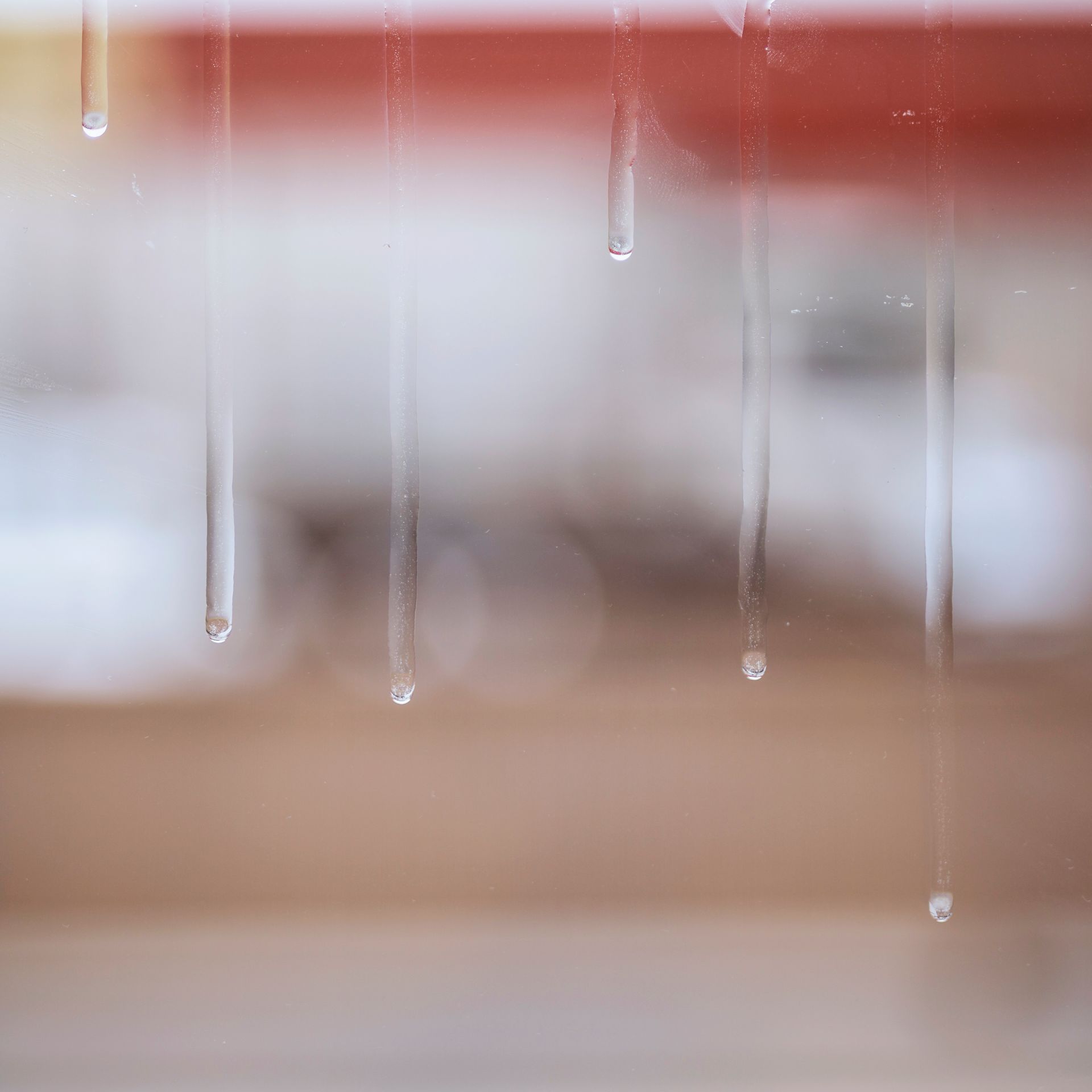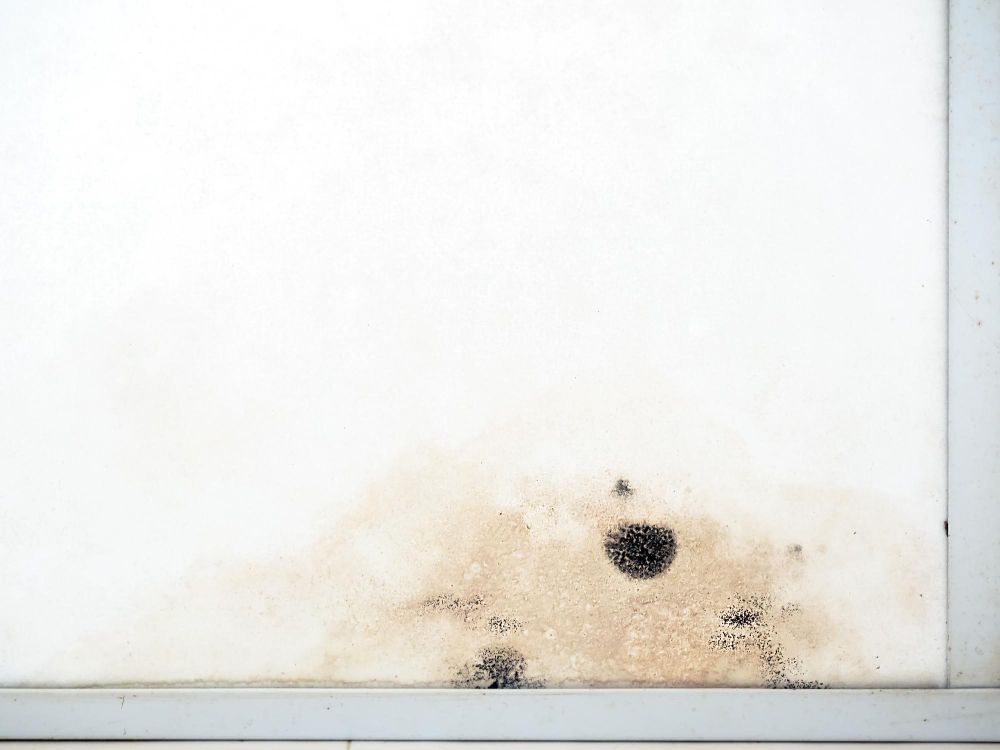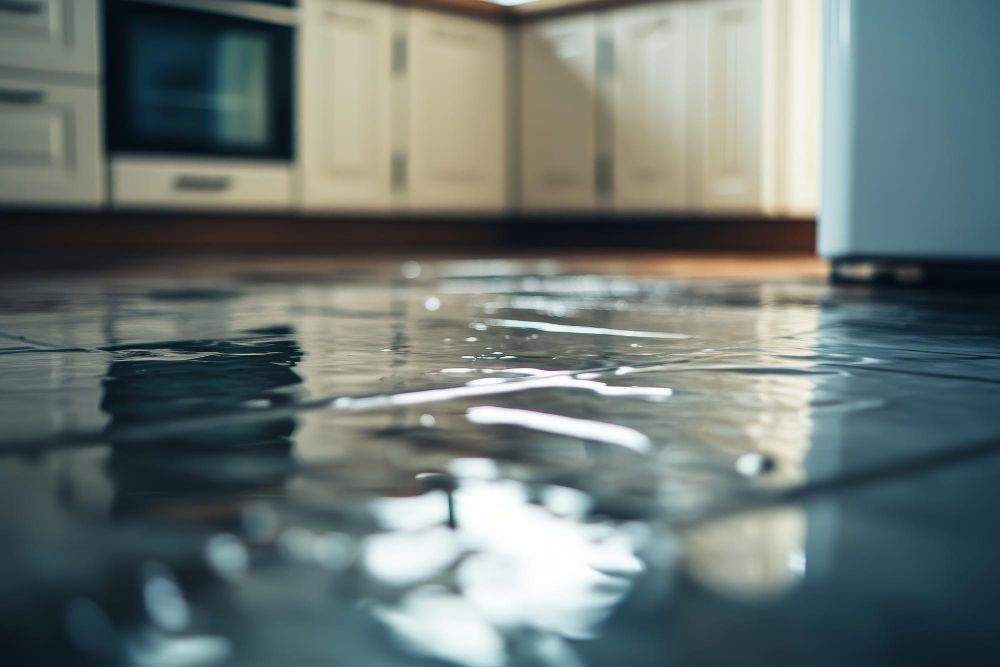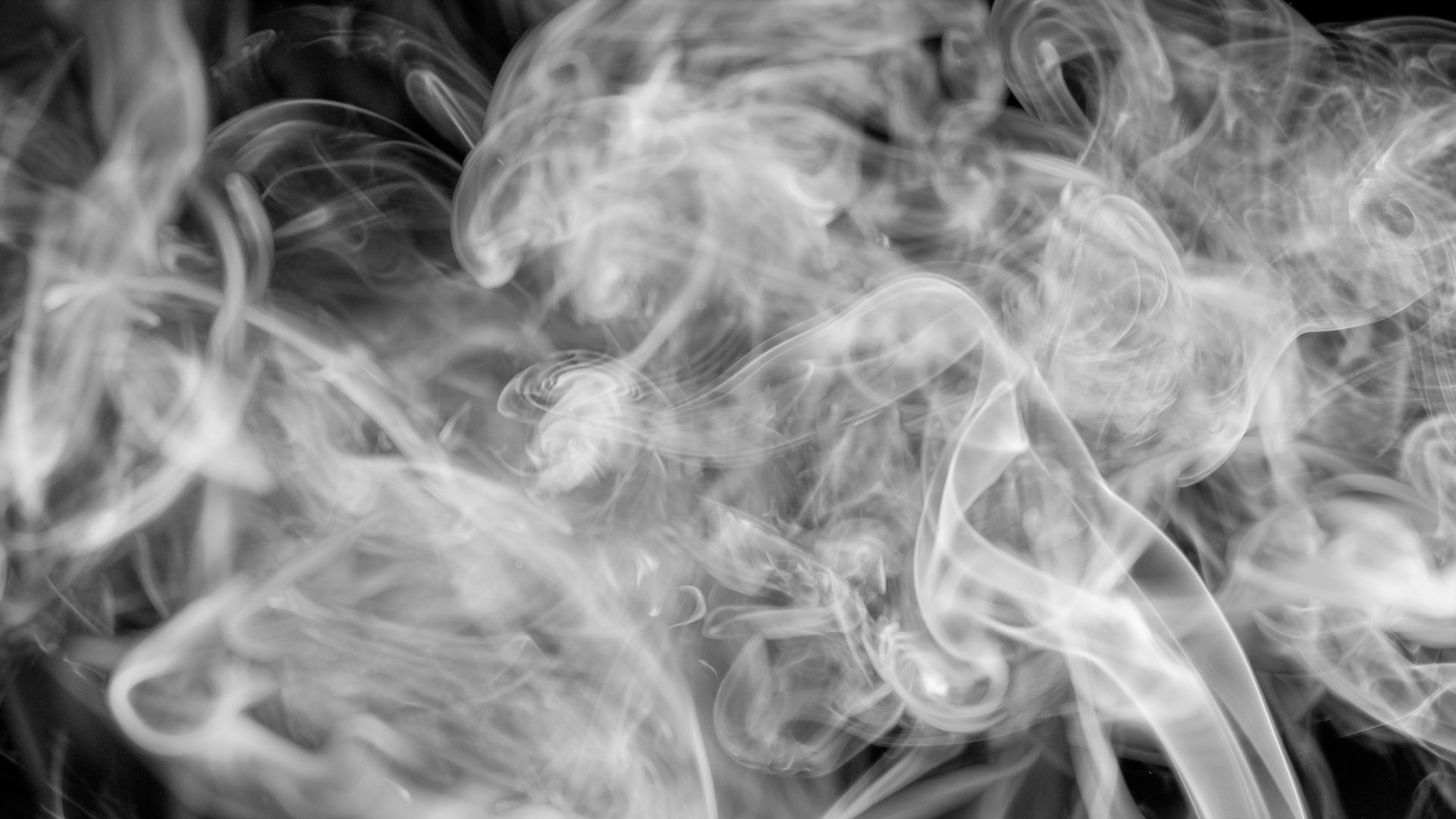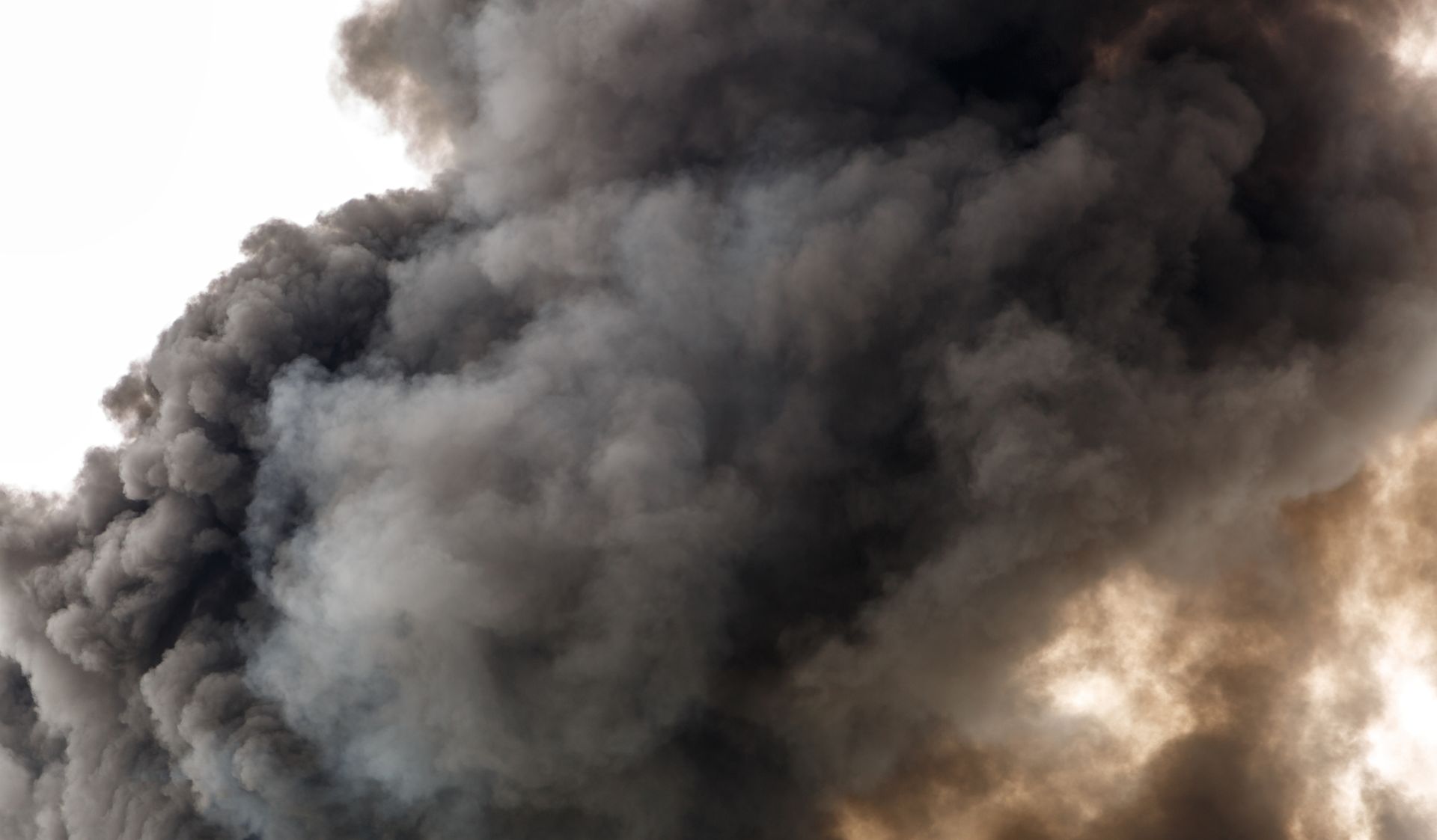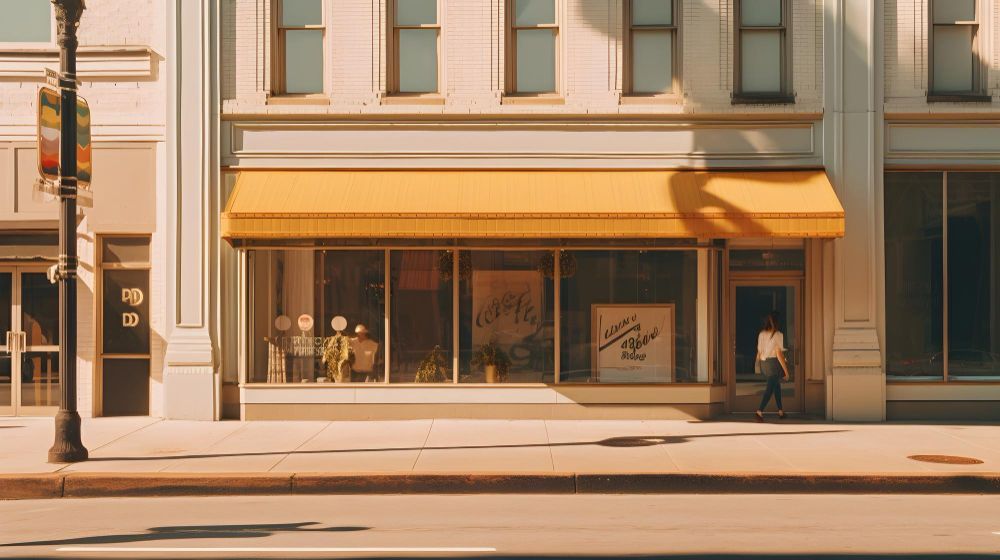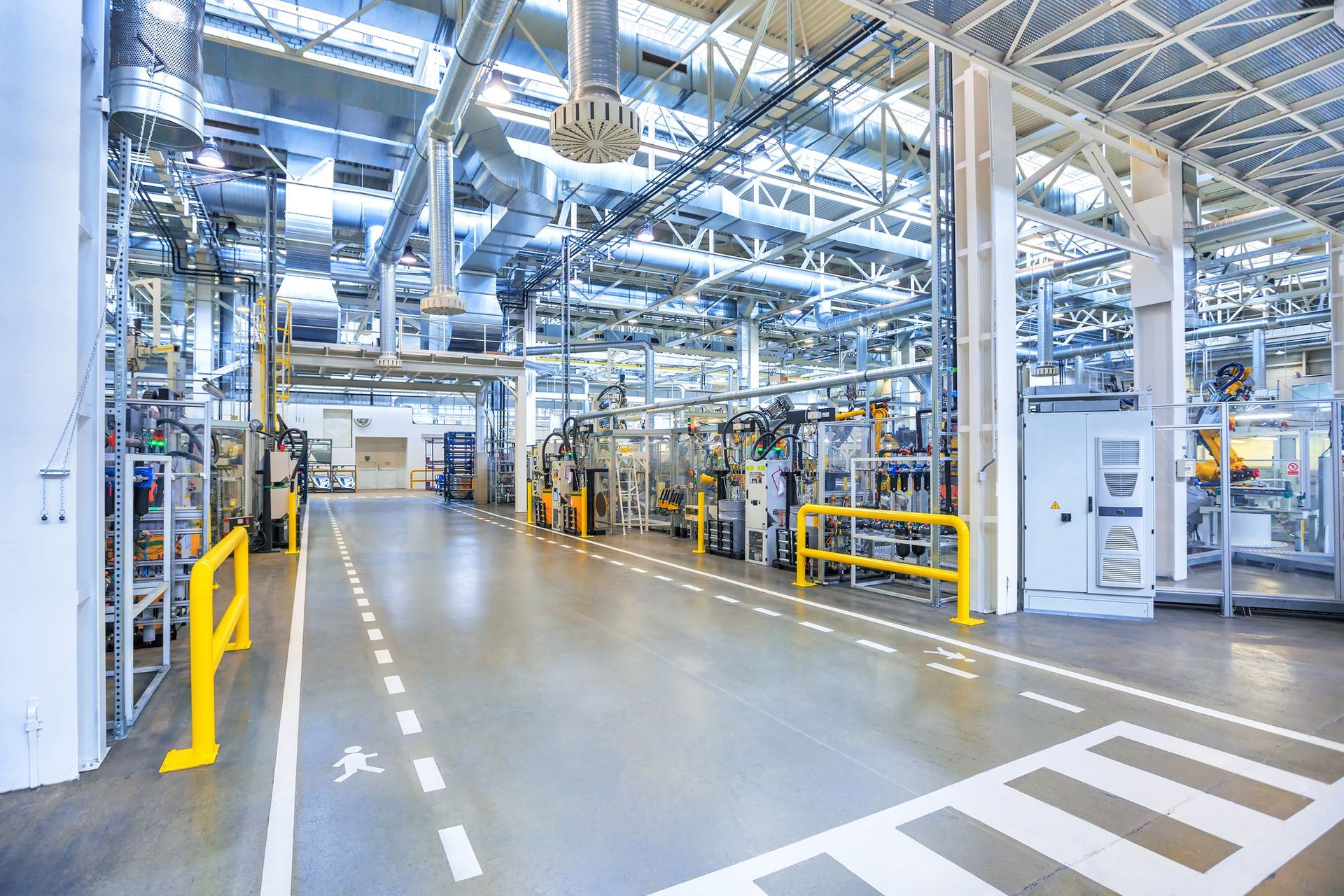Water Damage in Apartments: Who’s Responsible?
Water Damage in Apartments: Who’s Responsible?
-Dawsonville, GA
Water damage in apartments is a common issue that can lead to significant confusion and disputes over who is responsible for repairs and restoration. From burst pipes to leaking appliances, water damage can cause stress for tenants and landlords alike. Understanding the roles and responsibilities in these situations is crucial for resolving issues promptly and fairly.
Let’s break down the key factors that determine who is responsible for addressing water damage in apartments.
1. Understanding the Cause of the Water Damage
The first step in determining responsibility is identifying the source of the water damage. Common causes include:
- Plumbing Issues: Burst pipes, leaky faucets, or clogged drains.
- Appliance Failures: Malfunctions in washing machines, dishwashers, or water heaters.
- Natural Disasters: Flooding or heavy rain causing water intrusion.
- Negligence: Tenant-caused issues like overflowing tubs or sinks.
2. Tenant Responsibilities
As a tenant, you are responsible for:
Prompt Reporting
You must report water damage to your landlord or property management as soon as you notice it. Delays in reporting can exacerbate the damage and complicate liability.
Negligence-Related Damages
If water damage results from your actions—such as leaving a faucet running or improperly installing an appliance—you may be responsible for repair costs.
Protecting Your Belongings
Tenants should have renter’s insurance to cover personal belongings damaged by water, as landlords typically aren’t responsible for tenant property.
3. Landlord Responsibilities
Landlords are generally responsible for maintaining the property and ensuring that it is habitable. This includes addressing water damage caused by:
Structural Issues
Problems with the building’s structure, such as roof leaks or faulty plumbing, are the landlord’s responsibility.
Common Areas
Water damage originating in common areas, like hallways or shared laundry rooms, typically falls under the landlord’s purview.
Repairs and Maintenance
Landlords must address repairs promptly to prevent further damage or safety hazards. Failure to do so may result in liability for additional damages.
4. Insurance Coverage
Both tenants and landlords can mitigate financial losses through insurance:
- Landlord Insurance: Covers structural damage to the property.
- Renter’s Insurance: Protects tenants’ personal belongings and may offer liability coverage.
- Flood Insurance: Separate from standard policies, it’s essential for properties in flood-prone areas.
5. Situations That May Cause Disputes
There are gray areas in determining responsibility. Common disputes include:
- Delayed Reporting: If a tenant fails to report an issue promptly, the landlord may argue that the tenant is partially responsible for worsening the damage.
- Shared Responsibility: If water damage stems from an issue like a clogged drain, both parties may share responsibility, depending on the situation.
- Lease Agreement Terms: The lease should outline specific responsibilities for both tenants and landlords.
6. Steps to Resolve Water Damage Issues
To handle water damage disputes effectively:
- Document Everything: Take photos and videos of the damage and keep records of communications.
- Refer to the Lease: Review your lease agreement for clarity on maintenance responsibilities.
- Work Together: Tenants and landlords should collaborate to address the issue promptly.
- Seek Mediation: If disputes persist, consider mediation or legal advice to resolve the matter.
Preventing Water Damage in Apartments
Prevention is always better than dealing with repairs. Here are some tips for tenants and landlords:
- Regular Maintenance: Landlords should routinely inspect plumbing and appliances.
- Tenant Vigilance: Tenants should report leaks or minor issues before they escalate.
- Proper Usage: Avoid flushing non-flushable items or overloading appliances.
When to Call a Water Damage Specialist
In severe cases, professional water damage restoration services are necessary to prevent further damage and ensure proper cleanup. Specialists can assess the extent of the damage, perform water extraction, and handle mold remediation if needed.
Final Thoughts
Determining who is responsible for water damage in apartments depends on the cause, lease agreement, and how quickly the issue is reported. Open communication and clear documentation can help resolve disputes efficiently.
If you’re dealing with water damage and need professional assistance, Restoration 1 of North Georgia is here to help. Our expert team specializes in water damage restoration, ensuring your property is restored quickly and effectively. Contact us today for 24/7 emergency services!
